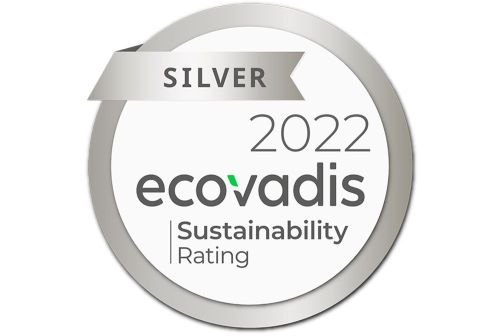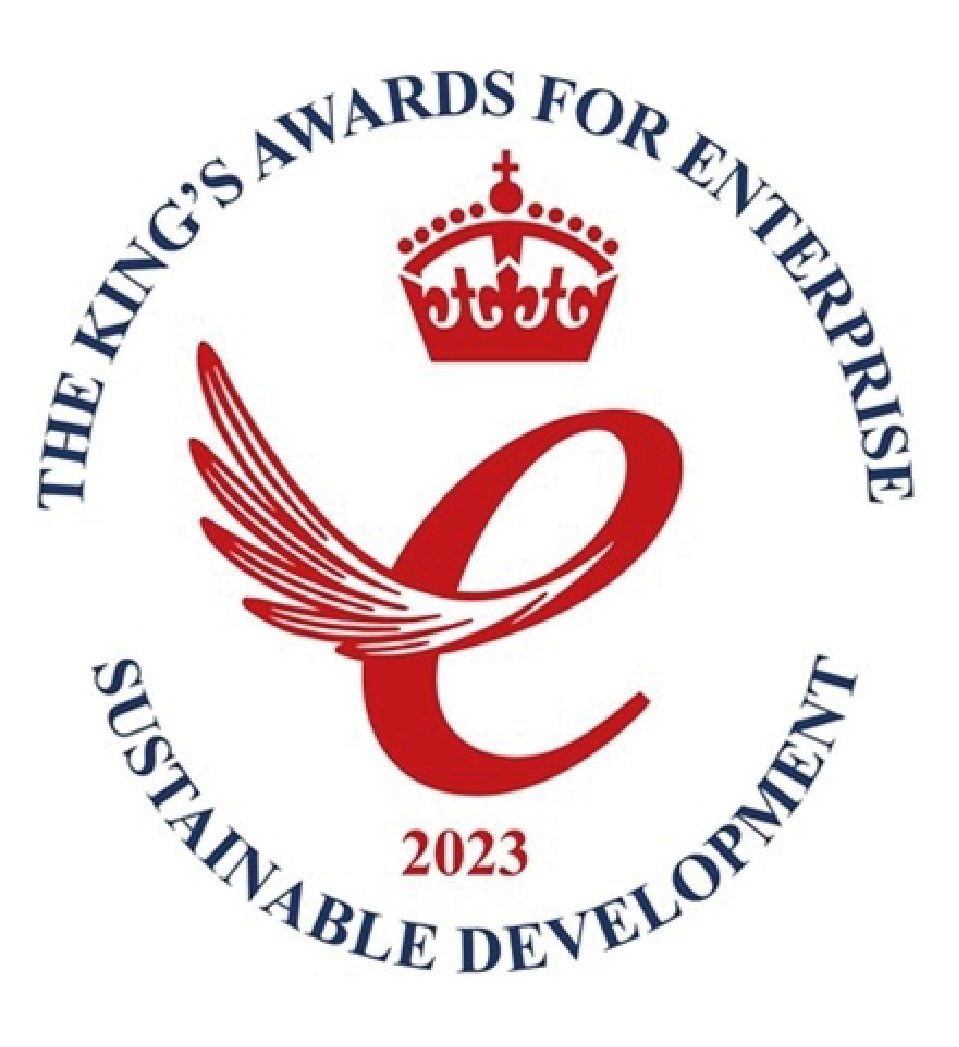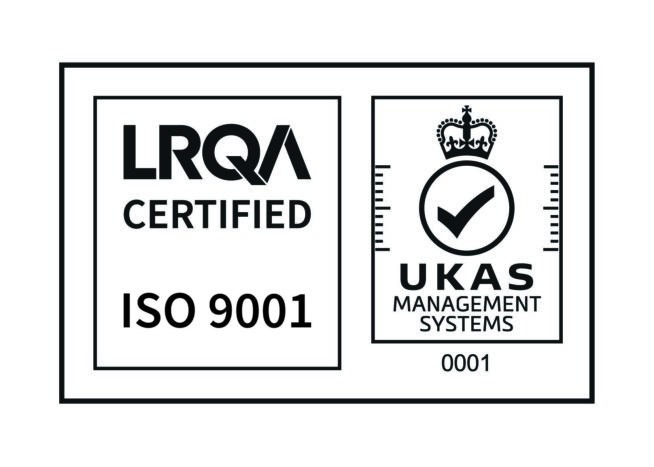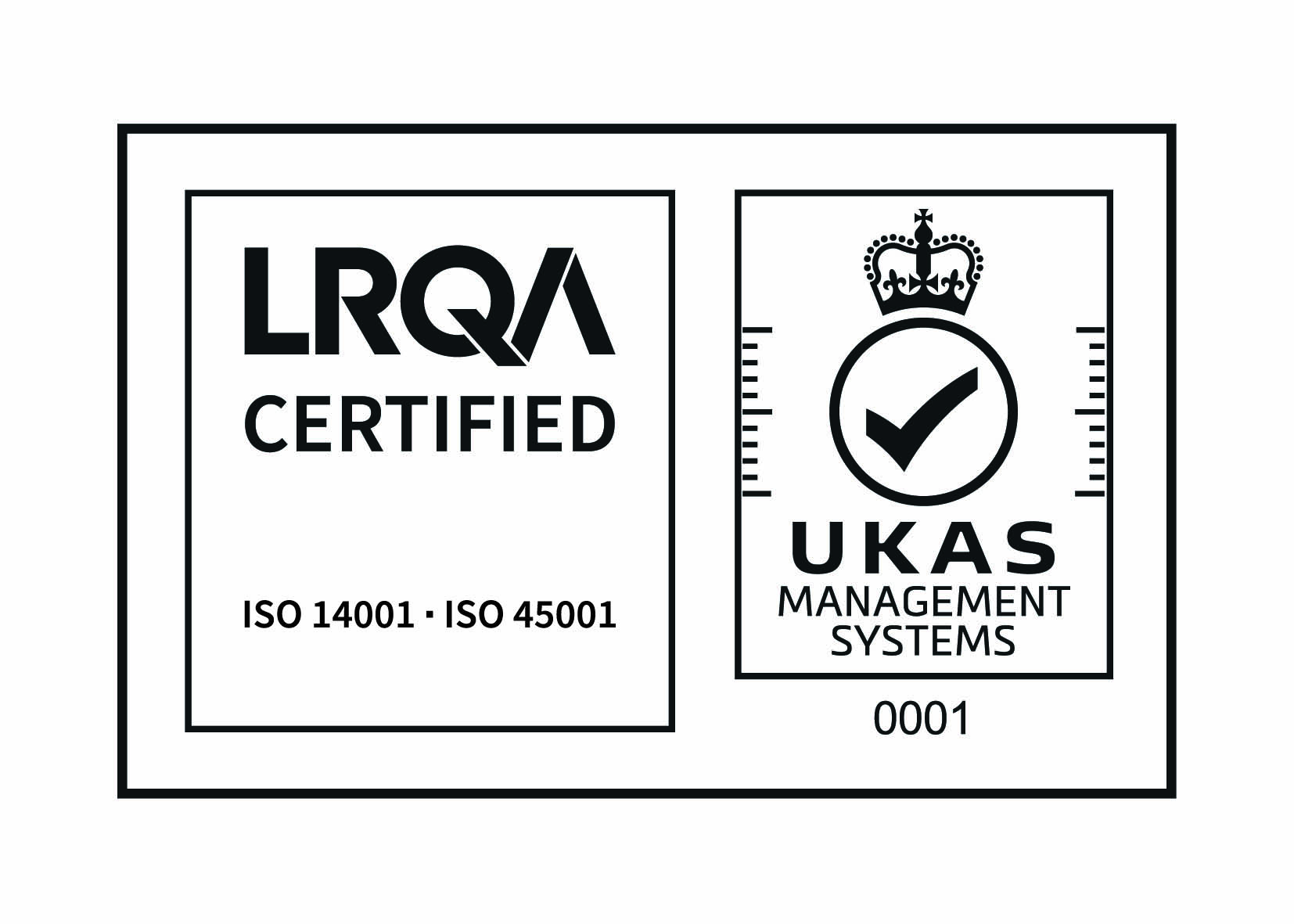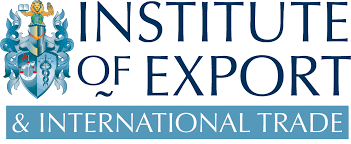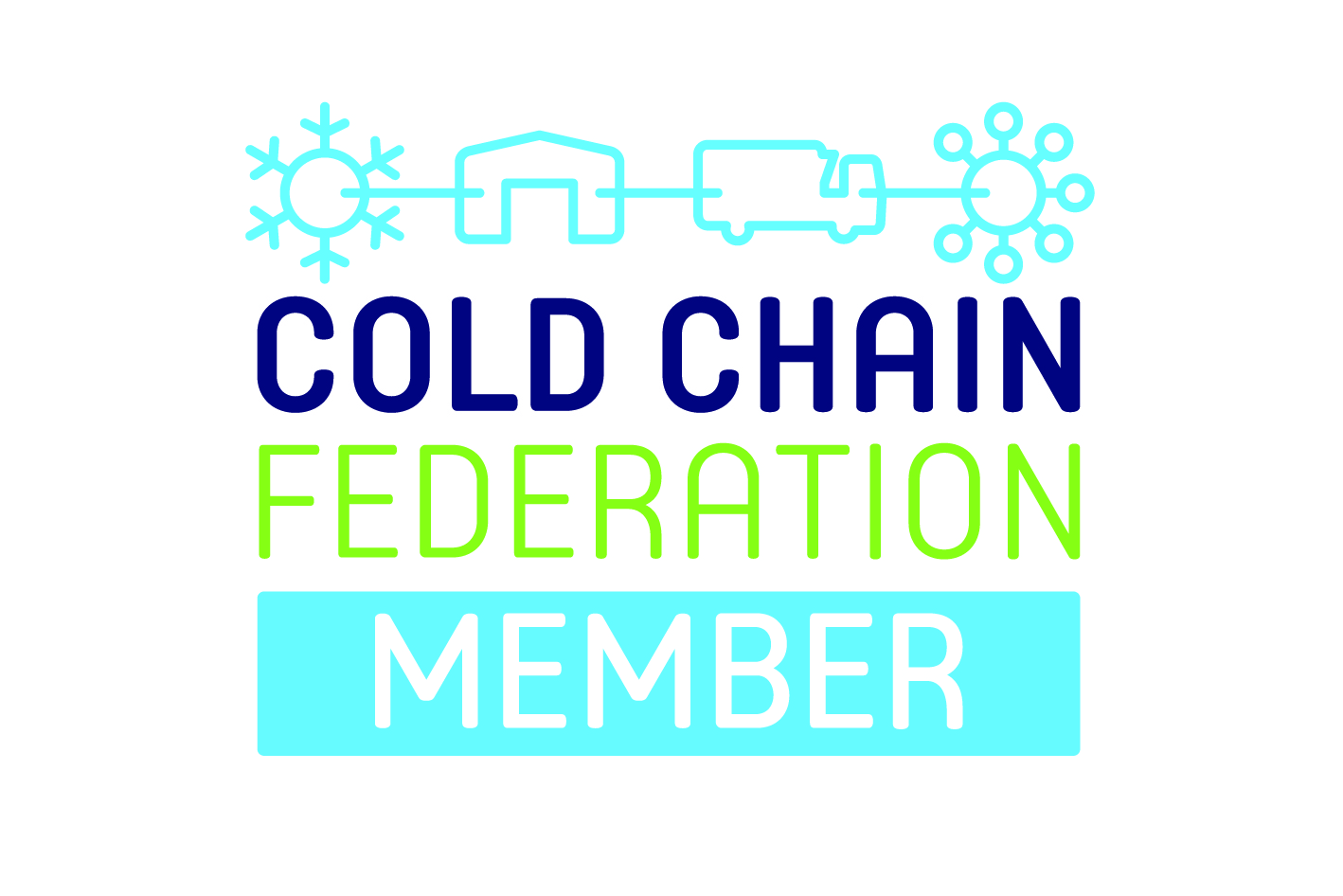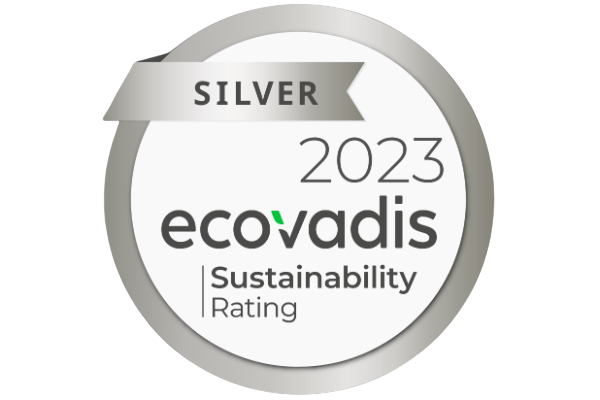Cold Chain Management Q&A
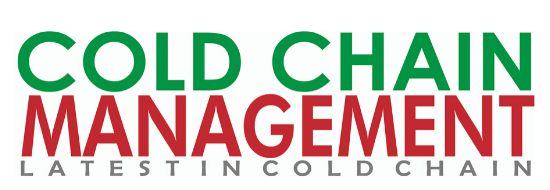
Niall Balfour, Chief Executive Officer at Tower Cold Chain sat down with Cold Chain Management, India, to discuss all things temperature-controlled logistics.
Q. How has demand and supply for cold chain evolved over the pandemic?
A. Undoubtedly, Covid-19 has tested the ingenuity, resilience, and flexibility of global supply chain leaders as we have all sought to maintain essential operations in the face of this unprecedented disruption. Each and every supply chain has faced the challenges of increased demand, shorter lead times and significant forecast variability due to the pandemic, but the cold chain industry in particular has seen accelerated need for its services. And yet, whilst industry demand has dramatically increased, customers’ needs in essence have remained the same, in that they continue to require robust, reliable and reusable cold storage solutions for effective temperature sensitive control in the pharmaceutical supply chain and other life-science goods.
Tower’s ability to provide excellent customer service and product availability globally has ensured our growth and success over the pandemic in transporting pharmaceutical products. Our partners have played a central role in supporting us globally through this unprecedented growth and ensured that our containers have been available for customers when and where needed. Indeed, our partnerships with major 3PL’s have enabled us to continue to deliver operational excellence, while managing costs, even when availability of sea and air freight has been a struggle for the whole logistics sector.
Q. Is there an imbalance in the demand-supply line due to insufficiency of supply chains?
A. In our increasingly complex world, businesses are becoming progressively more conscious of the need to ensure that they and their suppliers have made robust supply chain decisions. Inefficient inventory management is one of the most important factors impacting supply chain failure, with cost pressures and unexpected events and labour shortages also generating risk of insufficiency.
At Tower, our global supply chain team has worked effectively within this complex market environment to ensure that we maintained product availability throughout the pandemic in all global hubs. Having each hub stock all Tower products was a clear market need, as customers often changed packing configurations and volumes reflecting the wider market environment. In addition, our Team Tower experts supported our customers’ regulatory and quality teams to meet the increase in demand and needs driven by the pandemic.
Our supply chain model has an active role to play in meeting customers’ needs both during and post-pandemic – be it our containers performing regardless of their supply chain environment; the reliability delivered from our global supply network and confidence in their performance; or the sustainability benefits delivered by our reusable solutions.
Mitigating the impact of supply chain inefficiencies is challenging, but cold storage providers who continue to revisit their supply chain strategies and accelerate the adoption of risk management and business continuity strategies are the ones who will be best prepared. Supply chain disruption is unavoidable, weakening its impact is achievable.
Q. What are the technologies that could redefine cold chain in near future?
A. Facing globalisation, increased product complexity, and heightened customer demands, organisations are taking up advanced technologies to transform their supply chain from a pure operations hub into the epicentre of business innovation. The use of digitalisation and the Internet of Things (IoT) is rapidly becoming a means of doing things better and faster, through both automating and optimising processes to provide the highest quality and consistency to customers.
More specific to the cold chain industry, AI is emerging as a powerful technology to add value to the supply chain across multiple dynamics and data sources. The benefits of real-time data analysis can help organisations accurately predict further performance to enable better decision making, both from an operational performance perspective and for predictive maintenance and product optimisation.
Q. How is Tower adapting to the switch to greener fuel regulations, coming to effect in UK and other European nations?
A. While the recent transition to greener fuel to reduce carbon emissions is impacting many in the logistics sector we are not directly affected as we do not provide transport and haulage ourselves. However, sustainability is a key part of our business and this is reflected in the focus on the robustness, reliability and course reusability of our containers.
Our recent award from EcoVadis acknowledged our efforts as we achieved a high level of compliance across the assessment criteria in: Environment, Labour and Human Rights, Business Ethics, and Sustainable Procurement. Sustainability is a long-term commitment that benefits us all.
Q. What are some of the fresh sets of challenges faced by the cold chain industry as a result of the pandemic?
A. As national economies emerge from their suspended animation of the pandemic, demand for energy, labour and transport has surged. And this increase has put a huge strain on all supply chains, be it the cross-border, just-in-time, final mile, or cold chain. Many continue to face the combined challenges of reduced capacity for air freight, grounded flights, spiralling costs, and sea freight delays to name but a few issues. Yet, whilst the global supply chain network has certainly changed beyond all recognition and we continue to mitigate against these fresh sets of challenges, and the demand for robust, reliable, reusable thermal protection has bounced back stronger than ever.
Innovative leaders in the cold chain industry are those who can continue to perform reliably and confidently, regardless of their supply chain environment. Strategic partnerships with third-party logistics providers enable cold chain players to continue to deliver operational benefits, whilst managing costs, even when availability of sea and air freight is strained. Investing in global supply networks to ensure solutions are always available in a range of regions also is a strategic move to alleviate challenges driven by the pandemic.
Q. Tower recently entered an advantageous partnership with Spice Jet in India. How does it asses the cold chain market in India?
A. India is an important strategic market for Tower Cold Chain, and our partnership with SpiceJet, as the second largest airline in India, enables a seamless, multi-skilled approach to pharmaceutical and vaccine deliveries across the sub-continent. With over 90 aircraft, SpiceJet will look to distributing across 63 domestic airports and 11 international airports to ensure the supply chain and distribution objects are met.
The availability and proximity of all our products in India means that we are able to provide solutions for both internal India pharmaceutical supply chains and internationally. Our fully operational hub in Mumbai can condition and supply container solutions for our customers within 24 hours, ensuring we respond quickly to changing customer demands. This, alongside the focus of our Tower commercial team and new Tower website ensures that our customers are able to easily identify the cold chain container solutions for their needs, regardless of their geographic location.

